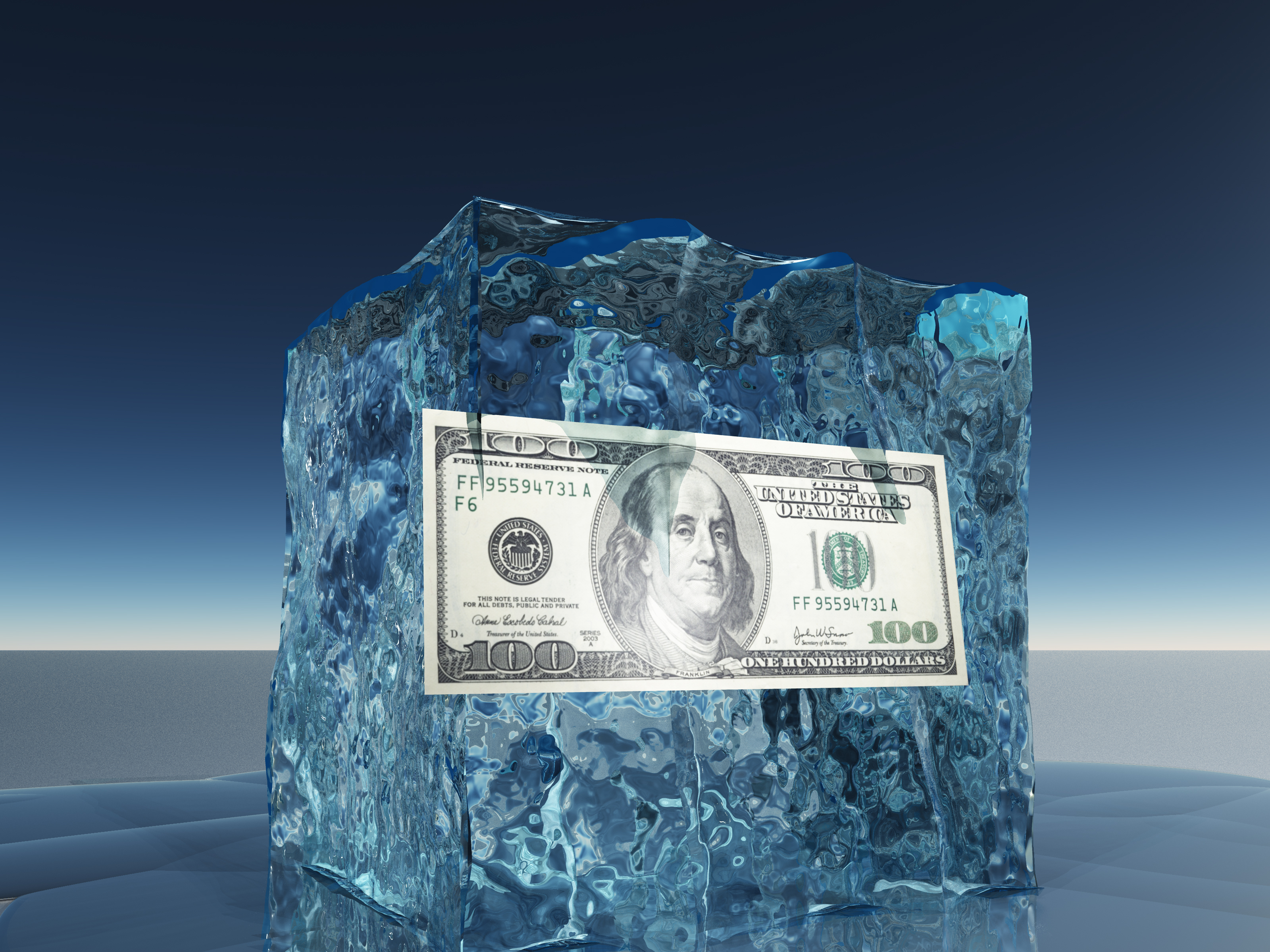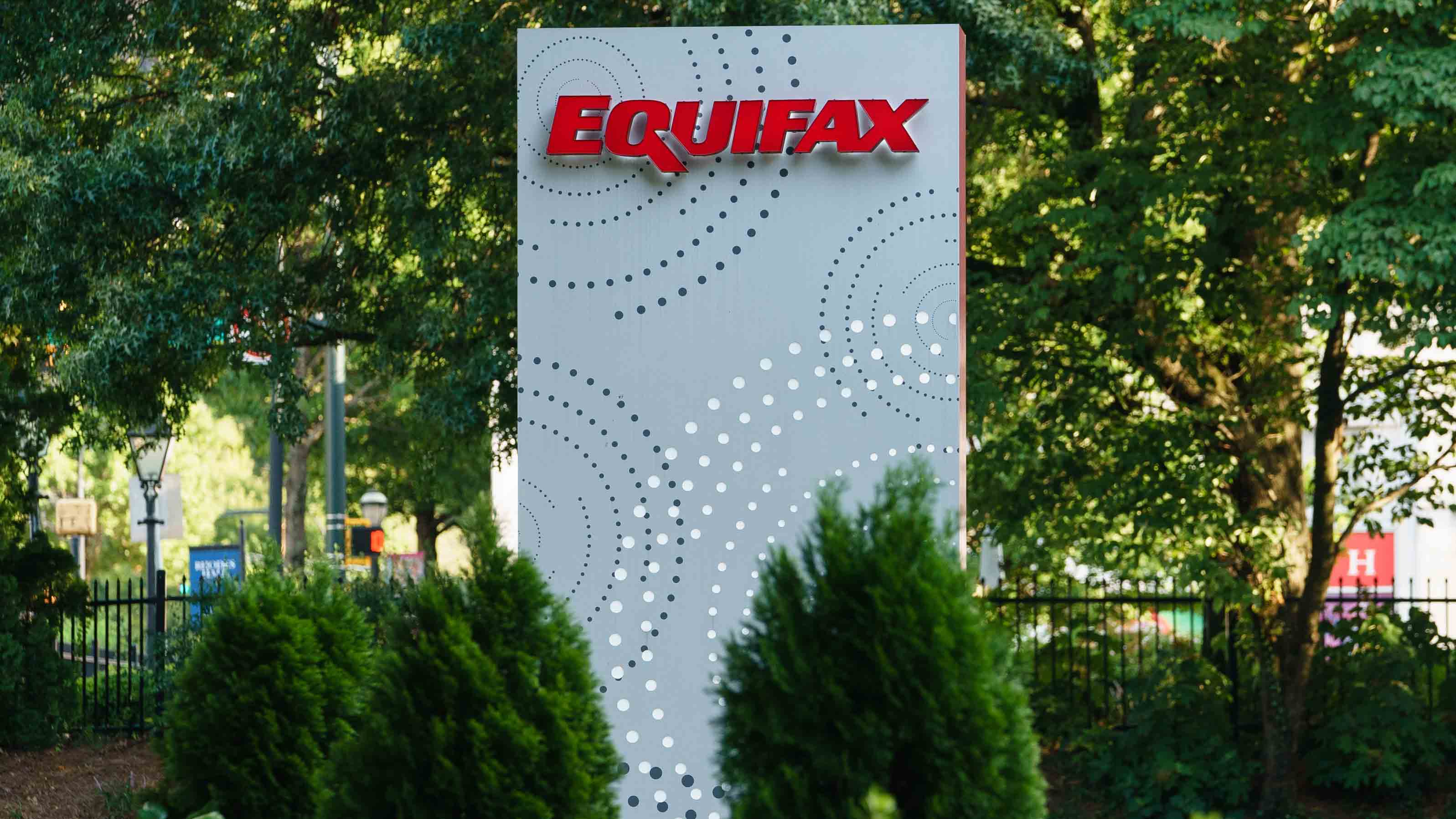Fraud Alert vs. Credit Freeze
Both of these allow you to protect your personal information, but one is more foolproof.


Profit and prosper with the best of Kiplinger's advice on investing, taxes, retirement, personal finance and much more. Delivered daily. Enter your email in the box and click Sign Me Up.
You are now subscribed
Your newsletter sign-up was successful
Want to add more newsletters?

Delivered daily
Kiplinger Today
Profit and prosper with the best of Kiplinger's advice on investing, taxes, retirement, personal finance and much more delivered daily. Smart money moves start here.

Sent five days a week
Kiplinger A Step Ahead
Get practical help to make better financial decisions in your everyday life, from spending to savings on top deals.

Delivered daily
Kiplinger Closing Bell
Get today's biggest financial and investing headlines delivered to your inbox every day the U.S. stock market is open.

Sent twice a week
Kiplinger Adviser Intel
Financial pros across the country share best practices and fresh tactics to preserve and grow your wealth.

Delivered weekly
Kiplinger Tax Tips
Trim your federal and state tax bills with practical tax-planning and tax-cutting strategies.

Sent twice a week
Kiplinger Retirement Tips
Your twice-a-week guide to planning and enjoying a financially secure and richly rewarding retirement

Sent bimonthly.
Kiplinger Adviser Angle
Insights for advisers, wealth managers and other financial professionals.

Sent twice a week
Kiplinger Investing Weekly
Your twice-a-week roundup of promising stocks, funds, companies and industries you should consider, ones you should avoid, and why.

Sent weekly for six weeks
Kiplinger Invest for Retirement
Your step-by-step six-part series on how to invest for retirement, from devising a successful strategy to exactly which investments to choose.
What is the difference between a credit freeze and a fraud alert? Who should take these steps?
You can place an initial fraud alert on your credit report if you worry that you have been -- or could be -- the victim of identity theft. This is a good idea if you see any suspicious activity on your report or bills, if your wallet or other information has been stolen, if you've been a victim of a security breach, or even if you're concerned that you've revealed too much personal information online or over the phone.
A fraud alert means that lenders must take extra precautions to verify your identity before granting credit in your name. It also entitles you to a free credit report from each of the bureaus.
From just $107.88 $24.99 for Kiplinger Personal Finance
Become a smarter, better informed investor. Subscribe from just $107.88 $24.99, plus get up to 4 Special Issues

Sign up for Kiplinger’s Free Newsletters
Profit and prosper with the best of expert advice on investing, taxes, retirement, personal finance and more - straight to your e-mail.
Profit and prosper with the best of expert advice - straight to your e-mail.
Anyone can place a 90-day initial fraud alert in their credit report, which can be renewed in 90-day intervals indefinitely. Contact one of the three credit bureaus ( Experian, Equifax or TransUnion), which will notify the others.
You can get an extended fraud alert, which stays on your credit report for seven years, if you can provide a police report or other official record showing that you've been the victim of identity theft. You'll get two free credit reports from each of the credit bureaus every 12 months, in addition to the free copies everyone can get every 12 months.
Fraud alerts, however, aren't foolproof. If you'd like extra protection, you can get a credit freeze.
When you freeze your credit record, you prevent lenders from seeing your credit report unless you specifically grant them access. This can prevent identity thieves from taking out new credit in your name, even if they have your Social Security number and other personal information.
Your current creditors are exempt from the freeze, and you can use a PIN or password to open your file for certain lenders or for a certain time period if you plan to apply for credit.
A credit freeze may be a new option for you. In the past, only certain states allowed residents to freeze their reports. But the freeze became available nationwide on November 1, 2007.
To be effective, you need to freeze your record at all three credit bureaus. The costs vary by state, but you generally have to pay $10 to freeze your account at each bureau and another $10 to lift it -– even temporarily. The charge may be waived if you've been a victim of identity theft. Some states offer free freezes to residents over age 65.
It can take as little as 15 minutes or as long as three days to lift the freeze, depending on the state. Because of the time and money, a freeze may not be worth it if you're about to take out new credit. But it can offer strong protection for someone who worries a lot about identity theft, especially for seniors who can't check their records regularly and people whose information has been stolen in a security breach.
For more information about credit freezes and each state's rules, see Consumer Union's guide to security freezes. For more information about identity theft, see the Federal Trade Commission's ID theft page, the Identity Theft Resource Center and the Privacy Rights Clearinghouse.
Profit and prosper with the best of Kiplinger's advice on investing, taxes, retirement, personal finance and much more. Delivered daily. Enter your email in the box and click Sign Me Up.

As the "Ask Kim" columnist for Kiplinger's Personal Finance, Lankford receives hundreds of personal finance questions from readers every month. She is the author of Rescue Your Financial Life (McGraw-Hill, 2003), The Insurance Maze: How You Can Save Money on Insurance -- and Still Get the Coverage You Need (Kaplan, 2006), Kiplinger's Ask Kim for Money Smart Solutions (Kaplan, 2007) and The Kiplinger/BBB Personal Finance Guide for Military Families. She is frequently featured as a financial expert on television and radio, including NBC's Today Show, CNN, CNBC and National Public Radio.
-
 The New Reality for Entertainment
The New Reality for EntertainmentThe Kiplinger Letter The entertainment industry is shifting as movie and TV companies face fierce competition, fight for attention and cope with artificial intelligence.
-
 Stocks Sink With Alphabet, Bitcoin: Stock Market Today
Stocks Sink With Alphabet, Bitcoin: Stock Market TodayA dismal round of jobs data did little to lift sentiment on Thursday.
-
 Betting on Super Bowl 2026? New IRS Tax Changes Could Cost You
Betting on Super Bowl 2026? New IRS Tax Changes Could Cost YouTaxable Income When Super Bowl LX hype fades, some fans may be surprised to learn that sports betting tax rules have shifted.
-
 TransUnion Fined $23M For Tenant Screening, Credit Freezes
TransUnion Fined $23M For Tenant Screening, Credit FreezesGovernment charges TransUnion over illegal rental background checks and security freezes on consumer credit reports.
-
 Credit Cards vs Charge Cards: What Are the Differences?
Credit Cards vs Charge Cards: What Are the Differences?All you need to know about credit cards vs charge cards — differences, pros and cons.
-
 How Many Credit Cards Should I Have?
How Many Credit Cards Should I Have?How many credit cards should you have? The answer isn’t as straightforward as you might think — it all depends on your financial situation.
-
 Credit card delinquency expected to increase in 2023
Credit card delinquency expected to increase in 2023Credit card and personal loan delinquency rates are expected to increase this year.
-
 What Is a Good Credit Score?
What Is a Good Credit Score?Having a good credit score can save you hundreds, even thousands of dollars on credit cards, mortgages and other loans.
-
 Best Credit Cards for Bad Credit 2023
Best Credit Cards for Bad Credit 2023If used wisely, these credit cards can help you dig out of bad credit; you may even earn 2% cash back.
-
 How to Freeze Your Credit in Three Steps
How to Freeze Your Credit in Three Stepscredit & debt Freezing your accounts at the three major credit bureaus is the best way to prevent thieves from opening new credit accounts in your name.
-
 Did Equifax Botch Your Credit Score?
Did Equifax Botch Your Credit Score?credit score Equifax is in the news–yet again–this time for sending lenders the wrong credit score. Here’s how to find out if you were affected and what to do next.